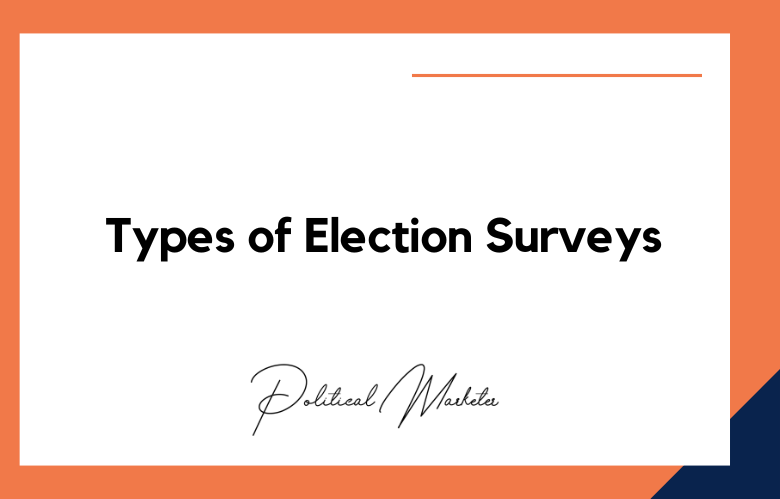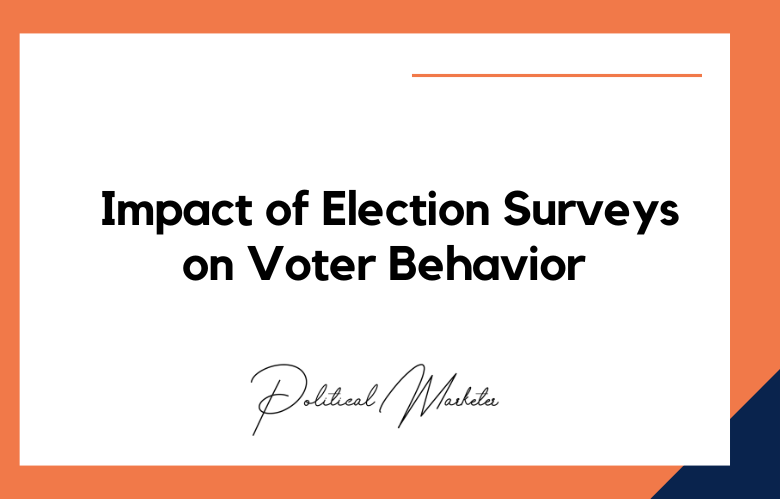As the world becomes more digitized, political campaigns utilize new and innovative ways to appeal to voters, including micro-targeting.
Micro-targeting sends personalized political messages to specific individuals based on data collected on their demographics, interests, and behaviors. While this technique has been used for many years, it has recently drawn attention from legal authorities concerned about privacy and ethical issues.
Legal Challenges Over Micro-targeting for Political Ads
First and foremost, political ads must abide by the same laws that apply to any other advertisement. For example, the Federal Trade Commission (FTC) monitors political advertisements to ensure they are not deceptive, misleading, or discriminatory.
Political ads must also comply with the regulations specific to each social media platform, like Facebook, Twitter, and Instagram. These regulations cover various aspects, from ad copy requirements to the use of videos and images, and extend to the ad targeting criteria. Political campaigns must adhere to these regulations to avoid legal consequences.
Navigating the Legal Landscape of Micro-targeting: A Comprehensive Guide
Micro-targeting has become a buzzword in the world of marketing and political campaigns. It refers to using detailed data analysis to tailor advertising messages precisely to specific groups of people.
However, what happens when this practice crosses the line and violates privacy regulations or discrimination laws? We’ll explore the legal challenges of micro-targeting and how marketers and policymakers can navigate this complex landscape ethically and legally.
The first legal challenge of micro-targeting is privacy. Gathering personal information on individuals, such as their browsing history, location data, and social media habits, can quickly become invasive.
The General Data Protection Regulation (GDPR) is the primary privacy law in the European Union (EU) that outlines strict requirements for collecting, processing, and safeguarding personal data.
The Legal Maze of Micro-targeting for Political Ads
Political campaigns are no longer limited to traditional media. With the emergence of social media, political campaigns have a new tool to connect with the electorate.
Social media platforms facilitate politicians to reach out to their voters through micro-targeting campaigns. However, micro-targeting is often criticized for its accuracy and privacy implications.
Lately, legal challenges to micro-targeting have also become an issue. Lawyers and policymakers are struggling to balance the right to free expression and the protection of voter privacy. We will examine the legal challenges to micro-targeting for political ads.
Micro-targeting for Political Campaigns
Micro-targeting is a method that employs social, demographic, and behavioral data to target narrow groups of people with tailored content. Political campaigns use this method to target voters who are most receptive to their messaging.
The method helps to deliver the message with a higher degree of personalization and, thus, is more persuasive.
Micro-targeting rested in the regulatory shadows for a long time.
In the US, the Federal Election Commission (FEC) didn’t provide official guidelines on micro-targeting until 2019. Similarly, the Information Commissioner’s Office (ICO) stressed the importance of compliance with data protection regulations while using micro-targeting in the UK.
Current Legal Status of the Micro-Targeting for Political Ads
The Regulation of Investigatory Powers Act (RIPA) 2000, the Data Protection Act 2018, and the ePrivacy Regulations 2018 regulate the use of data in micro-targeting for political campaigns in the UK.
However, the law does not specify the details needed to assess the legality or compliance of micro-targeting campaigns. The ICO has provided guidance and recommended codes of conduct for political parties and campaigns, yet the advice is voluntary.
Similarly, in the USA, the HONEST Ads Act was introduced in 2017 to mandate social media companies to disclose information about political ads, targeting, and funding sources. However, this was not enacted to date.
The complexities of privacy laws
The collection, storage, and use of personal data involve complex privacy laws that differ across countries and regions. These laws can often conflict, creating a confusing and challenging legal landscape.
For example, the European Union’s General Data Protection Regulation (GDPR) has strict privacy protection requirements for all citizens within its borders. In contrast, the US has a more fragmented approach to privacy legislation. This means that businesses operating across borders must navigate multiple legal requirements to comply with different privacy laws.
The challenges of data protection
In many cases, the personal data collected for micro-targeting purposes, including political opinions, health conditions, and financial data, can be susceptible.
This creates legal challenges related to data protection that businesses need to understand and address. For example, under GDPR, companies must provide individuals with explicit information on how their data will be used, stored, and processed. Failure to do so can result in significant financial penalties.
The legal implications of micro-targeting
The use of micro-targeting in advertising and political campaigns can have a significant impact on individuals and society as a whole. The legal implications of data breaches, algorithmic bias, and manipulation are well documented, with many countries introducing new laws to regulate these practices.
For example, the California Consumer Privacy Act (CCPA) introduced several new privacy rights for California residents, including the right to know what personal data is collected and the right to request that this data be deleted.
The role of self-regulation
Self-regulation is increasingly seen as an essential component of micro-targeting practices. By adopting best practices and codes of conduct, businesses can demonstrate their commitment to ethical and legal practices.
For example, the Digital Advertising Alliance (DAA) provides consumers with a simple opt-out mechanism for targeted advertising while requiring participating companies to adhere to strict privacy standards.
The importance of transparency and accountability
Transparency and accountability are critical components of any micro-targeting practice. Businesses need to be clear and upfront about collecting and using personal data and provide individuals with the tools and information they need to exercise control over their data.
This means having robust data protection policies, providing clear notice and consent mechanisms, and ensuring individuals are informed about their data rights.
Conclusion:
Micro-targeting can undoubtedly be an effective technique for political campaigns; however, operating within the legal framework and complying with ethical standards is crucial.
The laws and regulations regarding political ads are continually evolving, which makes it challenging for political campaigns to stay abreast of the latest changes.
As a result, it’s prudent to seek legal advice before launching any micro-targeted political ads. By properly navigating the legal challenges of micro-targeting, political campaigns can achieve their goals without infringing privacy or ethical concerns.
Call: +91 9848321284
Email: [email protected]










